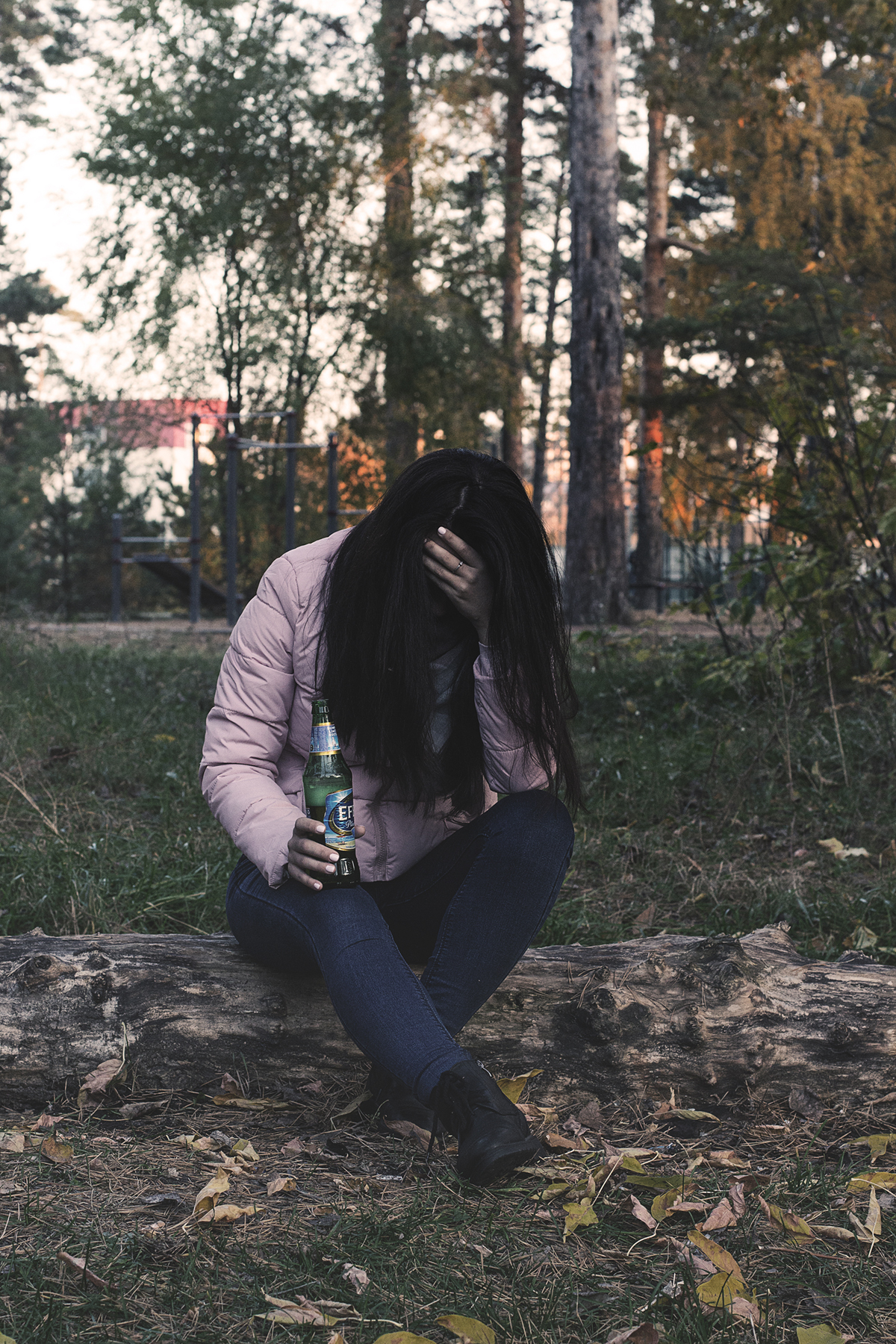
Depression in Women
Depression is a pathological indisposition which is substantially different from normal sadness. It includes psychological and physical symptoms, among which are the most common pathological miff, depressive thinking, lack of will and drive, vegetative, and physical symptoms. Depression is the second most common health problem in women, and in the entire population it is in the fourth place. SymptomsDepression is manifested in: anxiety, bleak mood and rush of black thoughts intense sadness, self-pity, crying attacks sensitivity, vulnerability, irritability fear, anxiety, worry, anxiety pessimism, hopelessness and helplessness feeling of guilt and redundancies loneliness inability to perform normal everyday activities apathy, lethargy weak concentration and memory disorders fatigue, exhaustion, lack of energy significantly reduced or increased appetite insomnia or excessive need for sleep somatic pains which do not have physical causes wishes and thinking of death or planning suicide.
What Causes Depression in Women?
It isn't known what causes depression for sure. However, researches have shown that there is probably more than one cause of illness and that the combination of various factors makes person subjected to developing depressive disorder. Although it can affect all people regardless of age and gender, the data show that women are more prone to depression.There are certain life periods when a woman is vulnerable to depressed mood, which is caused by the hormones action: PMS, pregnancy, postpartum, menopause.
Menstruation
Women are often hyperactive, aggressive and tend to conflict with other people during menstruation. Psychosis are worse, the immune system is weak, hysterical attacks are more frequent in that period. The data say that about 20 percent of women show premenstrual syndrome, about 75 percent have mild to medium emotional and physical premenstrual symptoms, while in about five percent of women listed symptoms cause dysfunction.Pregnancy
Pregnancy and the period immediately after birth are the most important woman's life cycle. Women in that period go through huge hormonal changes. Depression occurs in 10-20 percent of pregnant women, and in particular risk are those women who had a mental disorder before pregnancy or marital or partner disagreements.Social Life
An environment in which woman lives and her understanding of virginity, menstruation, pregnancy, sexuality, infertility, menopause and elderly age play an important role in the woman's psychological development. These conceptions are different in different cultural milieus.Women in adulthood often feel unloved, rejected and superfluous, so they usually suppress their own needs. All this can lead to a state of depression.
Menopause
Climax and menopause are often considered as synonyms, but represent two different physiological processes. Menopause is characterized by cessation of menstruation, which for most women occurs in about the age of 50, while climax is the long-term physiological process. Climax period can last up to 10 years before and 10 years after the last period. The menopause often leads to depression because life changes with permanent effects occur in a relatively short time and affect all aspects of life. The menopause is often accompanied with marital, parental, interpersonal, work, financial, health crisis. Retirement can also lead to depression.Women who have large commitments of children raising and education are more prone to depression in the climax.
Sterility
The ability of birth is an inalienable part of female identity and an important factor in maintaining normal mental and sexual functioning. Because of that, the menopause may be experienced as an attack on sexuality, femininity and identity. Women in menopause may think that the inability of birth means lost her "mission" of the human race extension.
















Your thoughts on this
Loading...